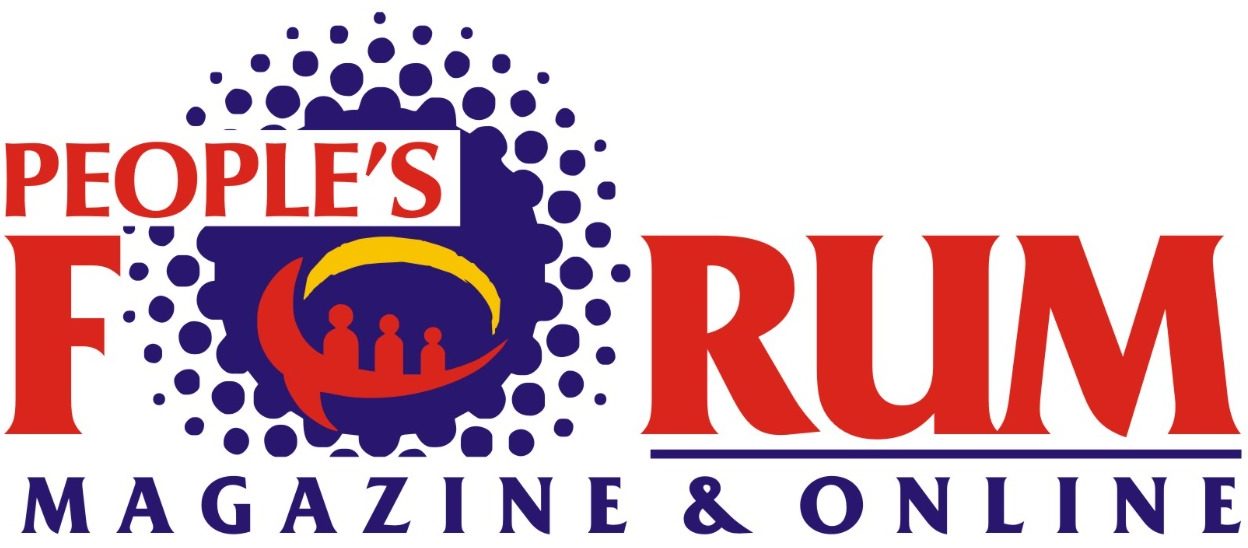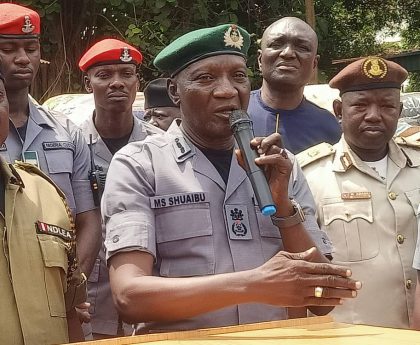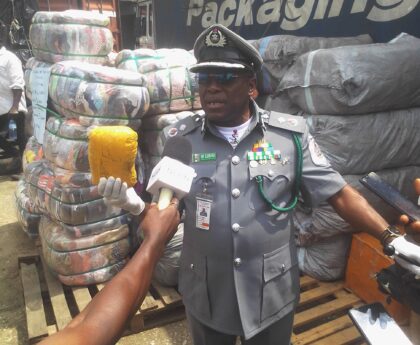The Comptroller-General of Customs (CGC), Adewale Adeniyi, has reaffirmed the Nigeria Customs Service’s (NCS) dedication to a transparent, efficient, and inclusive deployment of the B’Odogwu clearance platform, assuring stakeholders that ongoing improvements are guided by their feedback.
Speaking at a stakeholder town hall meeting held in Lagos on Monday, July 21, 2025, themed “Enhancing Trade Compliance and System Optimisation Through Stakeholder Engagement,” CGC Adeniyi noted that the gathering was part of a broader consultative process involving the support team, the ICT/Modernisation Department, and his personal outreach over the past two weeks.
“It’s important we create this platform to allow you to share your concerns with us and describe your experience using B’Odogwu,” he said.
While acknowledging reported challenges, he stated that stakeholder feedback has been largely positive, particularly among freight forwarders and Customs agents.
Adeniyi emphasized the Service’s goal to establish B’Odogwu as a benchmark for digital trade facilitation, particularly in light of Nigeria’s current leadership of the World Customs Organisation (WCO).
“Our goal is to make B’Odogwu the reference point in trade facilitation. Now that Nigeria holds the WCO chairmanship, we want to show the world we can create and manage a home-grown system,” he said.
He also addressed concerns surrounding the newly introduced 4% Free On Board (FOB) charge, explaining that it will consolidate and replace existing levies.
“Once the 4% FOB takes effects, the 1% Comprehensive Import Supervision Scheme (CISS) will cease automatically. In addition, the 7% cost of collection currently charged will also be removed.
Under the new Act, the 4% FOB is paid upfront, and that’s it. From then on, all Customs revenue will go straight into the Federation Account. It’s a win-win for all stakeholders.”
In her welcome address, Deputy Comptroller-General in charge of ICT/Modernisation, DCG Kikelomo Adeola, underscored the significance of stakeholder engagement and emphasized that B’Odogwu is a locally developed solution, crediting stakeholders for supporting its success.
Also present was Saleh Ahmadu, Chairman of Trade Modernisation Project Limited (TMPL), who assured participants of the initiative’s long-term impact.
Ahmadu noted that as the Service transitions into a 21st-century Customs Service, TMPL remains committed to investing in technology, talent, and services that improve user experience across the entire trade ecosystem.
The event featured panel discussions on key topics including “Overcoming Common Importer Challenges on B’Odogwu” and “Enhancing Transparency, Speed, and Revenue through Full Participation.” Attendees commended the platform’s innovations while voicing concerns about migration, bank-related delays, and amendment bottlenecks.
A robust question and answer session concluded the event, providing further clarity on emerging issues and reinforcing the NCS’s pledge to drive inclusive program.





